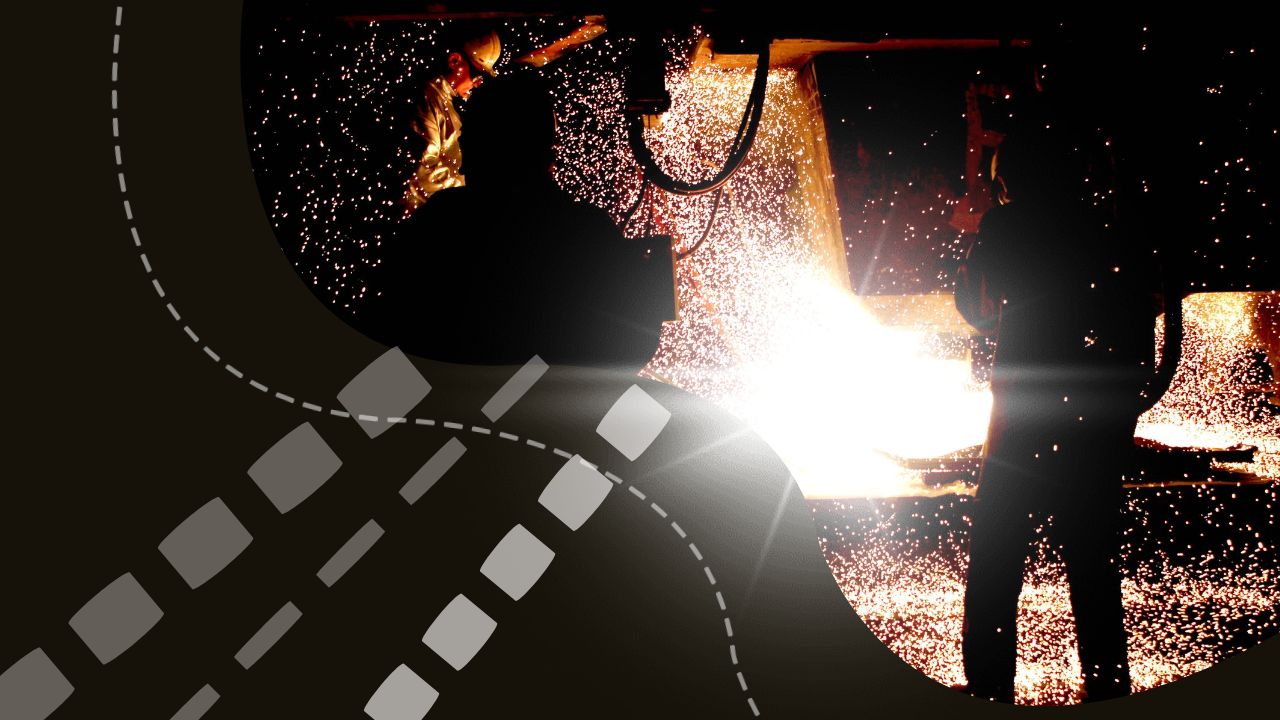Serbia is unique in the world because over 294,907 people (data from the Internet as of October 18th, 2023) deal with lithium and know everything about mining and obtaining lithium. According to data from 2021, 7,606 papers on lithium-ion batteries (the area of greatest interest when it comes to lithium) were published in the world that year. If the average number of authors on each paper is five, this means that around 38,000 people worldwide deal with lithium. And in Serbia, eight times more people deal with lithium, that is, every 23rd resident of Serbia knows everything about the technology of mining and obtaining lithium.
Although they acquired their knowledge about lithium from self-proclaimed lithium experts, it did not prevent them from considering themselves experts. (This is a worrying fact that shows how many people in Serbia believe inaccurate and wrong information from social networks.) Serbia still remembers how much damage the group and the party of self-proclaimed experts caused to Serbia. It was enough to consider yourself an expert and become a member of the expert party.
Since two years ago, a group of self-proclaimed social network experts has emerged who know everything about the technology of mining and obtaining lithium. Some of these self-proclaimed “experts” have become known to the public as lithium “experts” even though they have never dealt with lithium, nor do they have any published work on lithium. The damage that these self-proclaimed experts will cause to Serbia will be calculated later.
It all started in 2004, when the then Government of Serbia granted a permit for exploratory drilling to a multinational company. It goes without saying that whoever gets the right to exploratory drilling also gets the right to exploitation, if the results are positive. Lithium used to be, in 2004, the most harmless element of the periodic table, at least that’s what some of today’s “experts” advised the government. And also the most useful because in further contracting, according to the unwritten law on incorporation, it could be very useful for contractors from Serbia.
When large deals are contracted, commissions are also large. Since their opportunity for contracting failed because someone else got the opportunity to mediate in contracting very large jobs, those same former advocates of lithium exploitation became the biggest opponents of that job, with the slogan “to stop everything”. Should others take a commission for the work they contracted first. They decided that they should pledge to postpone that work, until they have the opportunity to accomplish this great work.
Our great “experts” for lithium need the citizens of Serbia, those who are not among the 294,907 “experts” for lithium, to explain how lithium, from the most harmless and most useful element of the periodic table in 2004, became the most dangerous and harmful element of the periodic table in 2020‒2021. Not even the “scientific” assembly at SAN gave an answer to this question. Anyone who has followed the literature on this subject knows that there have been no revolutionary discoveries in lithium chemistry (apart from advances in battery manufacturing). So the commission made lithium the most dangerous element.
The Government of Serbia made the mistake of believing the stories of “experts”. The government (ministries of mining and energy, science and environmental protection) should have appointed a working group consisting of people from universities and institutes of various profiles (mining-geological, hydrological, agricultural, then chemists, physicochemists, technologists, machinists, biologists, etc. .), which would propose to the government a decision on this project based on all the existing documents or on the basis of some more that would be done, and on the basis of scientific literature and world experiences in this area.

